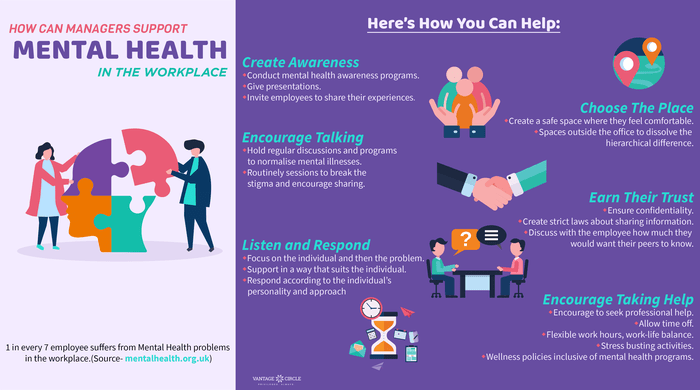Managers should reduce employees outcomes to restore equity – Managers Should Reduce Employee Outcomes to Restore Equity. This is a complex and challenging issue that has the potential to impact employee morale, performance, and development. In this paper, we will explore the potential consequences of reducing employee outcomes, as well as alternative strategies for restoring equity in the workplace.
Reducing employee outcomes can have a negative impact on morale and motivation. Employees who feel that they are not being treated fairly are more likely to be dissatisfied with their jobs and less likely to be engaged in their work.
This can lead to decreased productivity and increased turnover.
Impact on Employee Morale

Reducing employee outcomes can have significant negative consequences for their morale and motivation. When employees feel that their efforts are not being adequately rewarded, they may become dissatisfied and disengaged.
Reduced outcomes can lead to feelings of frustration, resentment, and a lack of appreciation. This can result in decreased effort, lower quality of work, and increased absenteeism.
Maintaining a positive work environment is crucial for employee productivity. When employees feel valued and appreciated, they are more likely to be motivated and engaged in their work.
Effects on Employee Performance

Reducing employee outcomes can have a detrimental effect on their overall performance. When employees are not adequately compensated or recognized for their efforts, they may be less likely to put in the same level of effort.
Reduced outcomes can lead to decreased productivity, lower quality of work, and increased errors. This can have a negative impact on the organization’s overall success and profitability.
Employee performance is directly related to organizational success. When employees are performing at their best, the organization is more likely to achieve its goals.
Consequences for Employee Development

Reducing employee outcomes can also have negative consequences for their professional development. When employees are not given the opportunity to earn bonuses or other incentives, they may be less likely to invest in their own development.
Reduced outcomes can hinder learning and growth opportunities, and limit career advancement. This can have a negative impact on the employee’s long-term career prospects.
Providing employees with opportunities to develop their skills and knowledge is essential for their professional growth and success.
Frequently Asked Questions: Managers Should Reduce Employees Outcomes To Restore Equity
What are the potential consequences of reducing employee outcomes?
Reducing employee outcomes can have a negative impact on morale, performance, and development. Employees who feel that they are not being treated fairly are more likely to be dissatisfied with their jobs and less likely to be engaged in their work.
This can lead to decreased productivity and increased turnover.
What are some alternative strategies for restoring equity in the workplace?
There are a number of alternative strategies for restoring equity in the workplace. These include:
- Providing equal opportunities for all employees
- Eliminating bias from hiring and promotion decisions
- Providing training and development opportunities for all employees
- Creating a culture of respect and inclusion